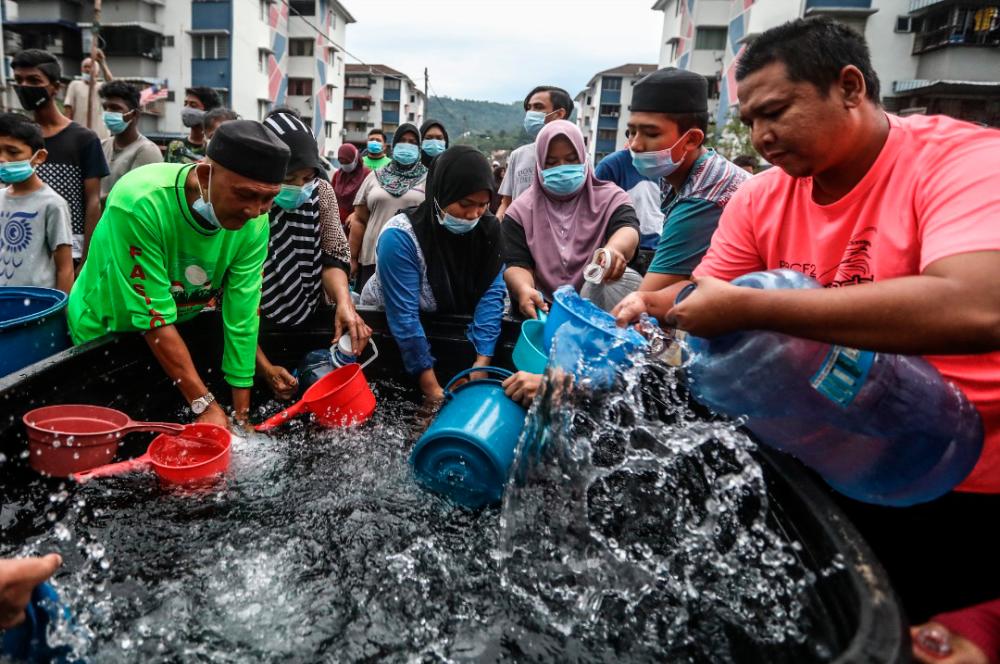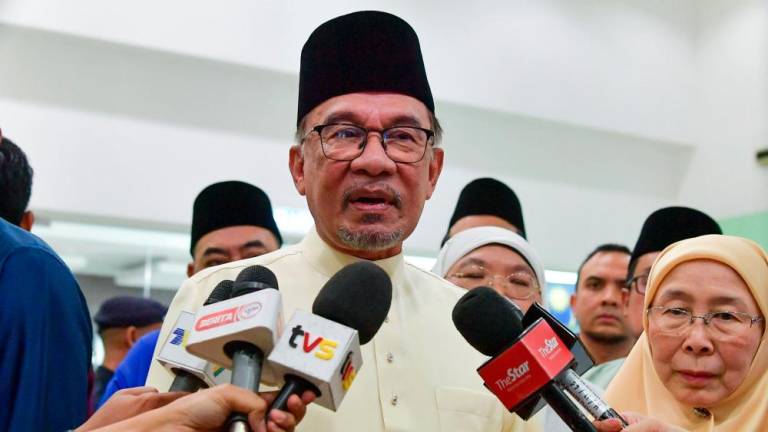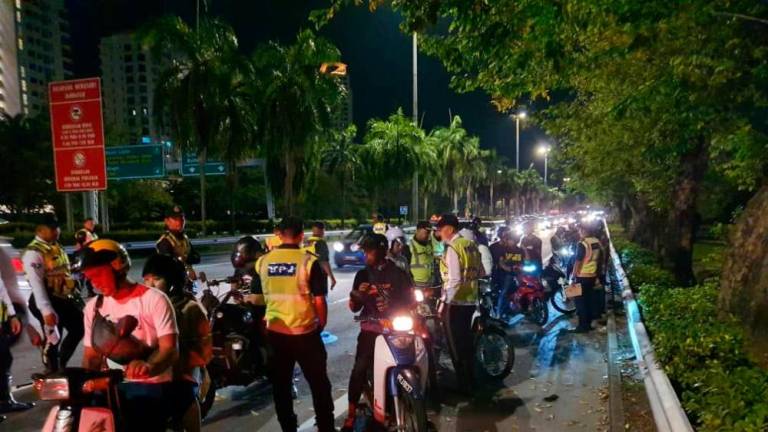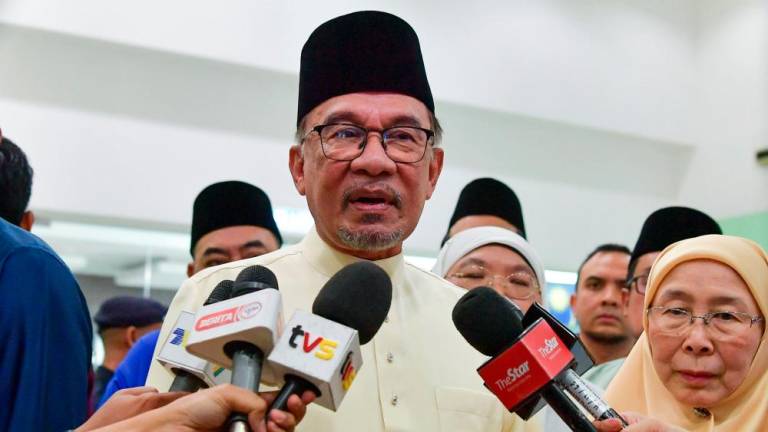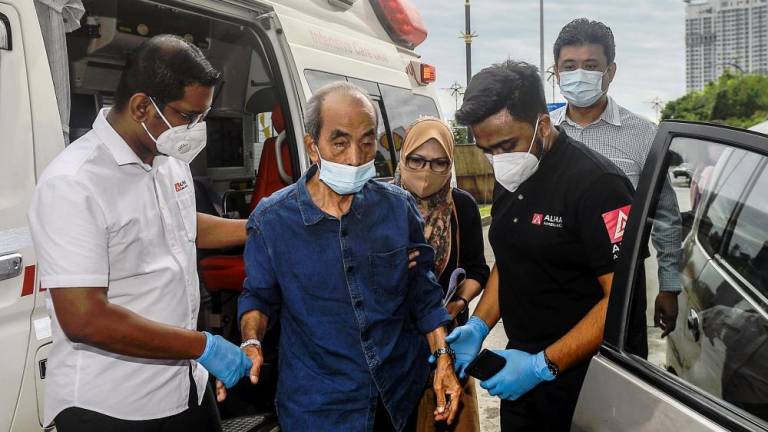PETALING JAYA: The Department of Environment (DoE) has to play a bigger role in addressing the issue of frequent water disruptions in the Klang Valley.
Stakeholders are of the view that it should take more proactive steps to put a stop to the dumping of pollutants in rivers.
They also stress that the department should beef up enforcement of waste management rules to prevent further deterioration of the nation’s water resources.
The Malaysian Water Forum is of the view that the latest incident of pollutants being discharged into Sungai Selangor shows that the authorities have yet to learn from similar occurrences previously.
Its president, Saral James Maniam, noted that all the Selangor government did was instruct the owners of illegal factories to legalise their operations.
“This is where DoE should step in and ensure that such illegal activities are stopped immediately,” she told theSun.
On Sunday, water supply to more than 1.2 million households in the Klang Valley had to be cut after the discovery of pollutants in Sungai Selangor. The areas affected included Kuala Lumpur, Petaling Jaya, Shah Alam, Gombak and Kuala Selangor.
Just last month, water supply to millions of consumers was similarly disrupted due to discharge of effluents into Sungai Gong.
Saral noted that following the previous cases of pollution, the Selangor Water Management board was to come up with measures to monitor rivers for early detection of effluents.
She pointed out that drones were only useful in detecting coloured discharge but other types of sensors are needed to uncover colourless effluents.
Saral also expressed hope that owners of factories be educated on ways to keep rivers clean.
“Some of these factories continue to dump waste into the river because the owners are not aware of the implications or they do not know where else to dispose of the waste,” she said.
“If they are legal, they would have their own water treatment plant or third parties to do it for them.”
“Setting up a factory lawfully would have entailed going through state and environmental agencies to get their approvals,” she pointed out.
Saral said apart from educating factory operators about the damage that can be caused by discharging pollutants in rivers, stern action should also be taken and fines be based on their profits.
Klang MP Charles Santiago said it is the role of DoE to ensure that companies adhere to the schedule on waste management.
Santiago, who is also chairman of the Asean Parliamentarians for Human Rights, said this would ensure that the authorities know “where the waste is going and who is disposing it”.
But he also acknowledged that DoE would have to beef up its ranks to carry out these tasks.
“I would like to see an initiative to have a river protection authority. We should have a buffer on both sides of the river where no commercial or other activities are permitted and this should be monitored under national security rules,” he said.
On the water disruption issue, he said the government should get the factories along the river banks to relocate fast.
“We are losing billions and people are pushed to the edge. The state government should also form an independent high level committee to look into this,” he added.



